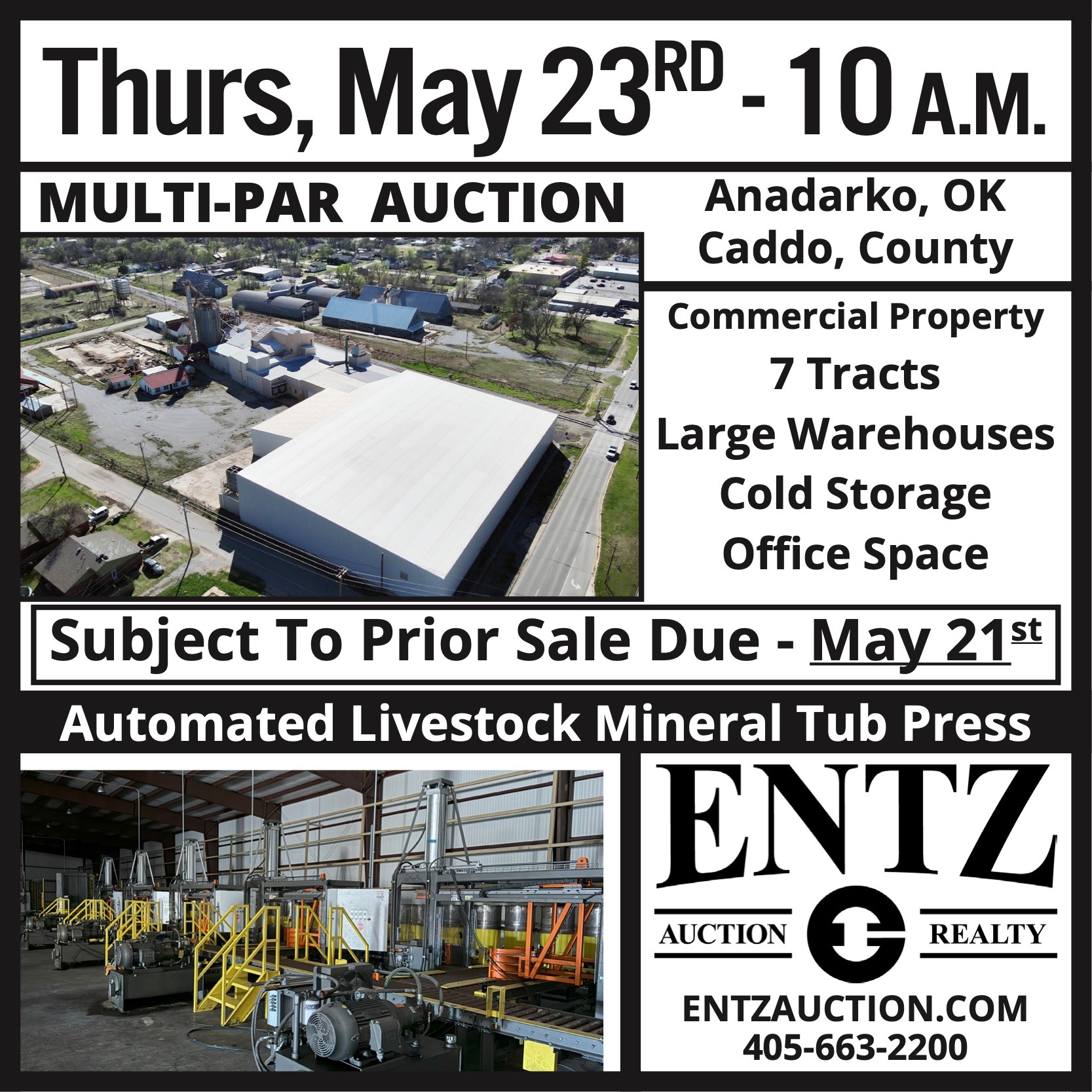
At the 2024 Oklahoma Local Ag Summit, Oklahoma Farm Reporter Maci Carter had the chance to visit with the Director of Market Development at the Oklahoma Department of Agriculture, Food and Forestry, Meriruth Cohenour. Carter and Cohenour talk about the benefits of farm hubs for producers and consumers.
“A farm hub is basically another version of a farmers market,” Cohenour said. “A hub was created to allow our producers another place to sell. We are expanding market opportunities by allowing farmer’s markets to be sold by a representative instead of the farmer having to sit at their table or booth on one day a week.”
Cohenour said a farm hub has a manager who sells products on consignment for the farmers that provide the products. Cohenour also explained a farm hub can be different depending on location, as some are similar to a farmers market, and others are more like grocery stores.
“We have a lot of farm hubs that look a lot like a small grocery store,” Cohenour said. “They have got meat cases and dairy cases and produce crates all stacked around. Then, we have some really small versions that look like just a walk-up booth at a farm that is selling four or five products.”
The biggest difference between a farm hub and a grocery store, Cohenour said, is that a farm hub is not retail. The farmer or producer of the value-added products makes an agreement with the farm hub manager, Cohenour said, and the manager will set a consignment fee, then pay back the producer when the product sales.
“We have a lot of on-farm, farm hubs,” Cohenour said. “So, a farmer that was producing a lot of their own products but wanted to expand. For example, if a produce farmer wanted to sell meat, eggs, and cheese, they can do that as long as they are following all of the licenses.”
Cohenour also talked about the difference between a farm hub and a farmers market. One difference, Cohenour said, is that at a farm hub, customers will not always have the chance to speak with the farmer who grew a product since a representative is selling it.
“A farm hub has one employee selling everyone’s products, the shelves are sometimes segmented by product, sometimes segmented by farmer, and sometimes they have their own organization,” Cohenour said.
From a consumer perspective, Cohenour said a farm hub allows the consumer to have more flexibility in purchasing. While a farmers’ market may only be open for a few hours on a weekend, Cohenour said many farm hubs are open five or six days per week.
“The easiest way to find your local farmers’ market or farmers hub is to go to oklahomaagritourism.com,” Cohenour said. “You can find a farmers’ market drop-down menu there that allows you to find the market in your area. You can search by region or town and see what is available.”

















